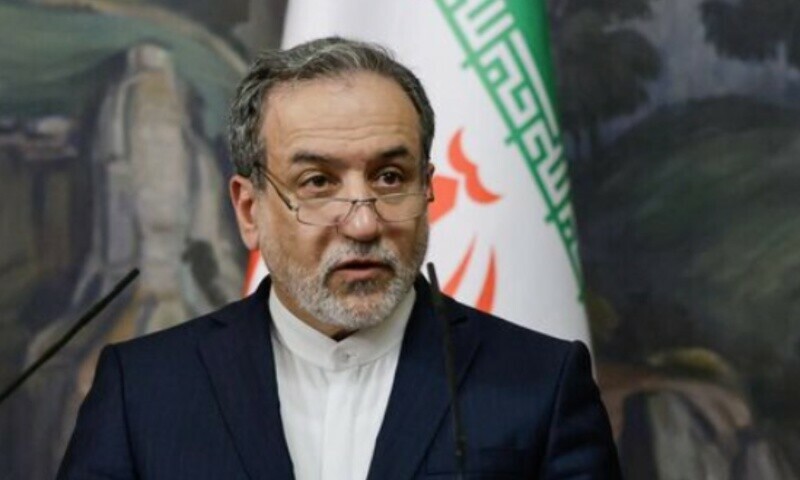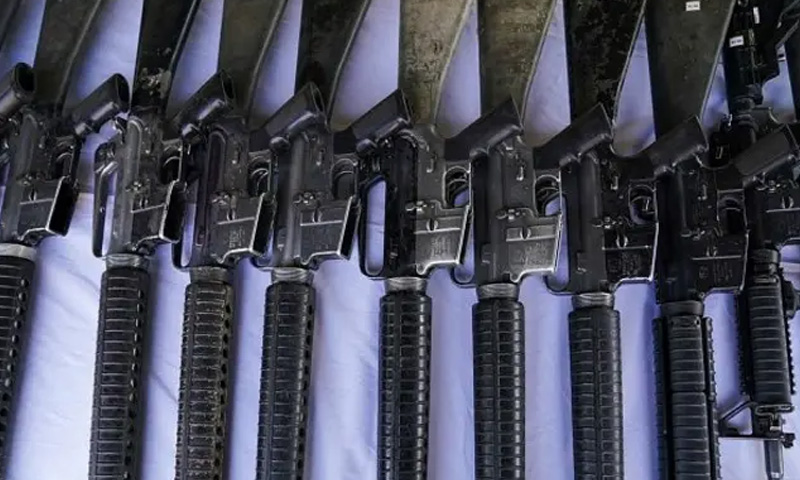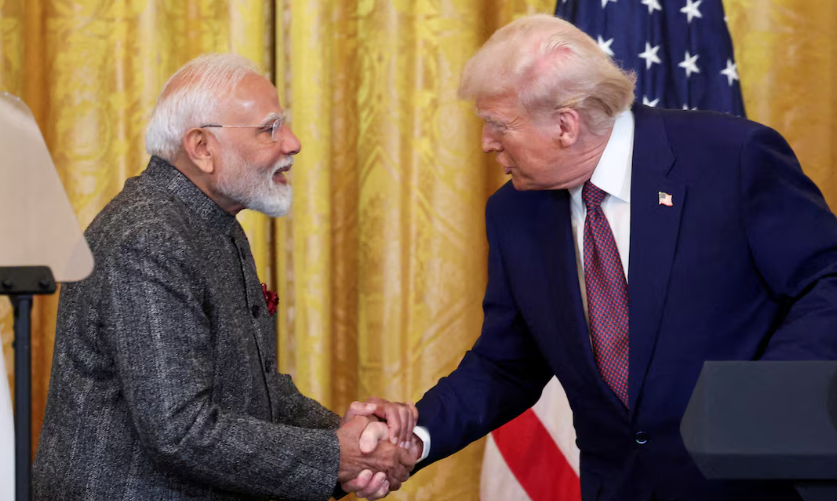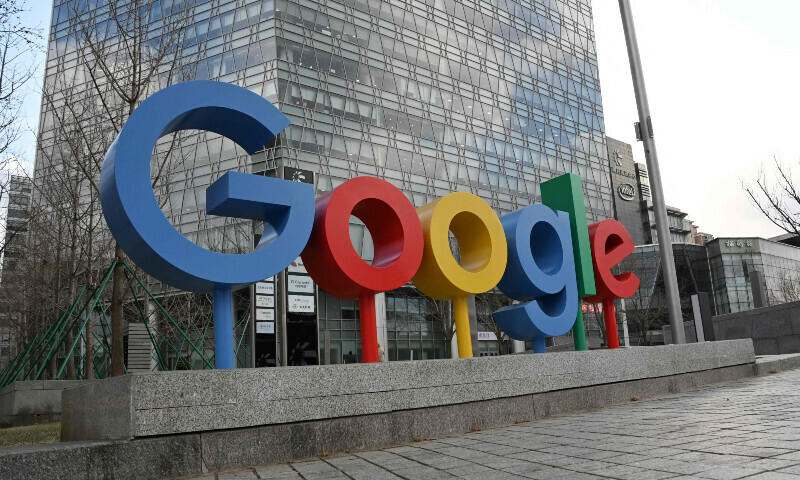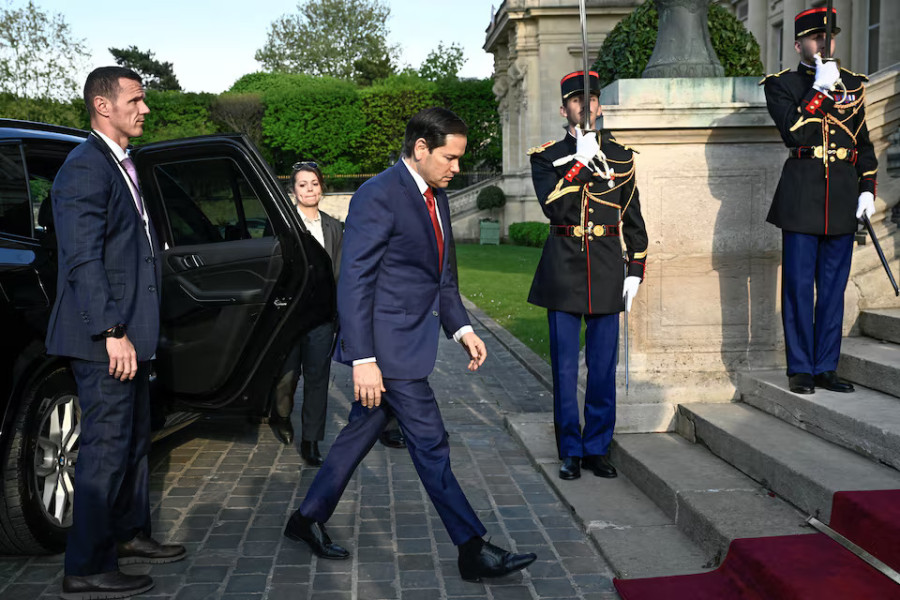WORLD NEWS
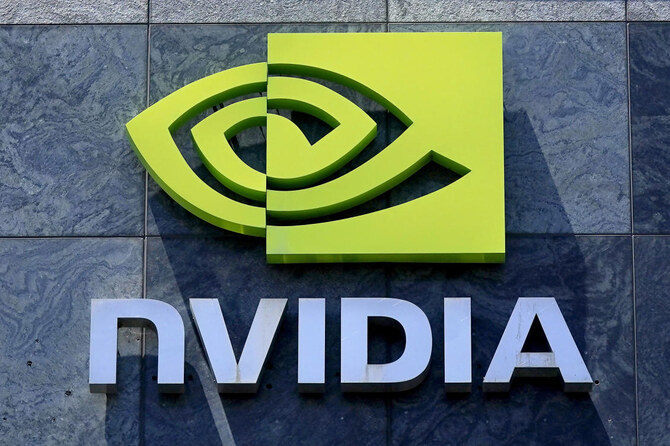
Nvidia has disclosed that it was informed by American authorities on April 9 that its China-specific H20 AI chip would now require an export license. The new restriction, announced publicly on April 16, came without prior warning to many of Nvidia’s key clients in China — and even to some of its own sales teams, according to multiple sources familiar with the matter.
The H20 chip, developed to comply with previous rounds of export restrictions, had become Nvidia’s primary offering for the Chinese market. Analysts say the move now puts at risk Nvidia’s already booming AI chip business in China — a market that generated $17 billion in revenue last fiscal year, or 13% of the company’s global sales.
Sources revealed that Chinese tech giants including Tencent, Alibaba, and ByteDance had placed major orders for the H20, expecting deliveries by year-end. Those plans were suddenly upended, with Nvidia now facing up to $5.5 billion in charges in Q1 alone due to inventory and order cancellations related to the licensing mandate.
Nvidia shares dropped 6% in after-hours trading following the announcement. Meanwhile, shares of Alibaba and Tencent fell 4.1% and 1.8%, respectively, during Hong Kong trading on Wednesday.
The U.S. government reportedly confirmed the licensing requirement would be indefinite, casting further uncertainty over Nvidia’s future in China. The controls are part of a broader strategy by Washington to prevent advanced semiconductors from bolstering China's military and AI capabilities.
Since 2022, the U.S. has banned Nvidia’s most powerful chips from being sold to China, citing national security concerns. The H20 chip, launched in late 2023, was developed as a workaround to those restrictions.
Experts suggest the latest move may inadvertently boost Chinese competitors, especially Huawei, which has ramped up its own AI chip production.
"By restricting the H20 system, U.S. regulators are effectively pushing Nvidia’s Chinese customers toward Huawei’s AI chips," said Nori Chiou, Investment Director at White Oak Capital Partners.
As China scrambles to build domestic alternatives and U.S. firms lose ground in one of the world’s largest tech markets, the fallout from the H20 ban could reshape the global AI chip landscape — with long-term consequences for both sides.
